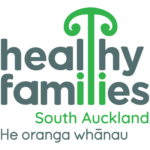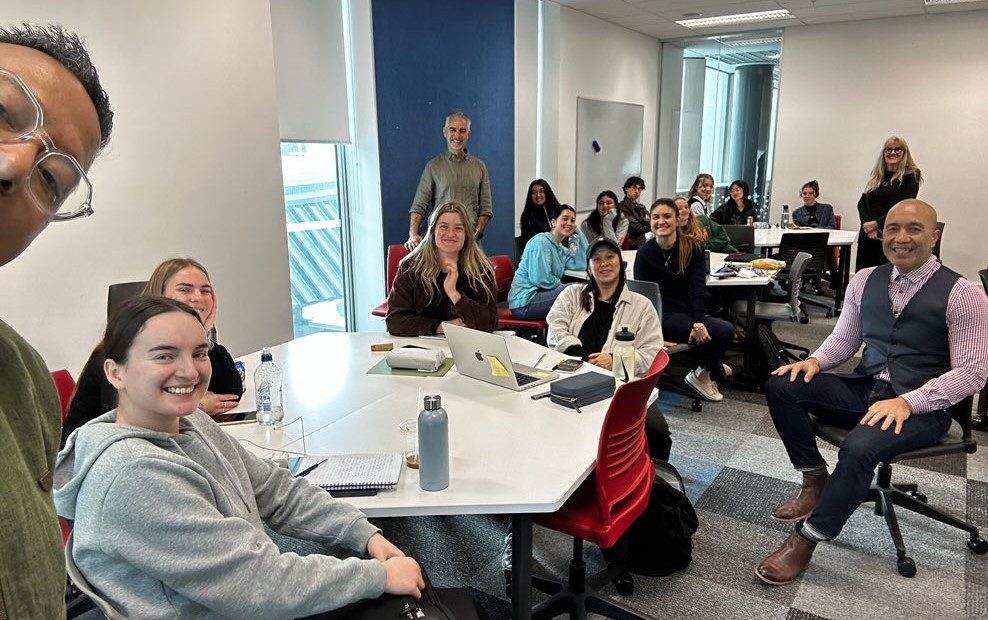
The partnership between Auckland University of Technology (AUT) and Healthy Families South
Auckland (HFSA) has yielded remarkable results yet again.
Since its inception in 2016, in collaboration with The Southern Initiative, HFSA has been dedicated to facilitating students to apply their learnings based on real-life projects in South Auckland.
This year’s programme was a deep dive into the realms of systems thinking and change within the food system.
Under the guidance of HFSA lead systems innovator Julio Bin, students applied a systems change approach coupled with design thinking processes, to develop strategic interventions utilising the Good Food Road Map as framework.
Their mission was to conceive a feasible and implementable solution to bolster resilient local food systems in Tamaki Makaurau, thereby contributing to food security and food sovereignty in
Aotearoa.
Julio Bin says introducing students to systems thinking and the six conditions for systems change was a critical first step.
The transition was seamless, thanks to the support of external partners from the Ministry for the
Environment, ConCOVE, Whanau Tahi, and the South Auckland community.
According to Julio these external voices served as tangible examples, dispelling the notion that
systems change is solely an abstract academic concept. It underscored the practical necessity of
addressing systemic issues in the real world.
“Our aim was to challenge students to see beyond the textbooks, to see systems change being
implemented in communities here in Aotearoa and how it can help design long term positive
change,” he says.
“Our external partners gave valuable insights on the practical significance of addressing systemic issues.”
The impact on students was evident as they swiftly grasped the art of dissecting intricate systemic problems like food insecurity and food dependence.
Whether it was the stronghold of supermarkets as primary distribution channels, land issues or
other systemic constraints, students began to realise the importance of targeted disruptions and
were able to transform these into practical initiatives.
The Good Food Road Map as a guiding light
AUT senior lecturer Lisa McEwan, who leads the Applied Sustainable Design programme, says The Good Food Road Map emerged as a robust framework for helping to bridge the gap between
academia and real-world action.
“It distills the complex issues of food security and food sovereignty in Aotearoa, with the five ideal scenarios providing concise parameters for the students to design into, while still allowing them thespace to brainstorm outwards from the key points stated in each scenario,” Lisa says.
“It has worked really well in the past two years. The Good Food Road Map is an extremely strong
framework to use in our setting of a tertiary institution design studio that straddles both design and the critical theoretical underpinnings required at university level.
